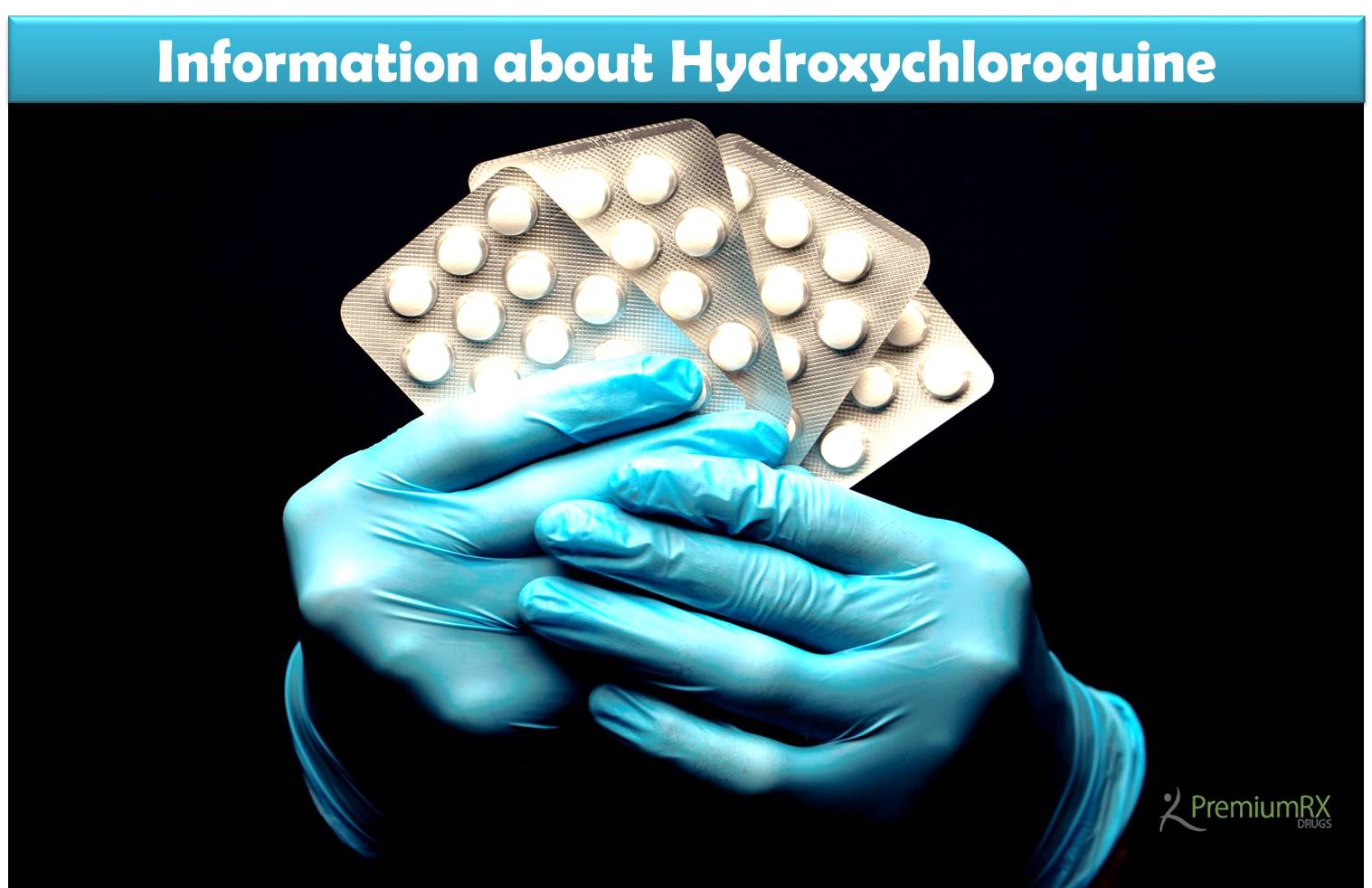Hydroxychloroquine is a quinoline drug that successfully treats and prevents malaria disease. Malaria is caused by parasites entering the body through mosquito bites. Hydroxychloroquine is a class of prescription-based drugs that comes in the form of an oral tablet. This tablet comes in both brand and generic versions. You can opt for the generic version to save money if you have a money constraint. The workings of hydroxychloroquine are 100% the same in both options (i.e., brand or generic); you can choose any of them. The only hurdle you may experience between the branded or generic version is the unavailability of every strength or form you need. A physician may prescribe Hydroxychloroquine alone or with other drugs (commonly methotrexate) as a part of combination therapy for better treatment.
The Uses of Hydroxychloroquine
Hydroxychloroquine treats malaria (a serious and sometimes fatal disease) caused by mosquito bites. People who get malaria typically experience high fevers, flu-like illness, and a feeling of shivering. This drug also treats certain auto-immune diseases like rheumatoid arthritis and lupus. It helps to prevent pain/swelling in arthritis and reduces skin issues. Experts define hydroxychloroquine as DMARD (disease-modifying anti-rheumatic drug). This drug can modify the underlying disease process rather than treat the symptoms. Regularly administering the medicine can reduce pain, swelling, and joint stiffness. Lupus patients also get relief from skin rashes. The medicine may take days to weeks to show its best results.
Use this medication until your doctor has asked you to do so to get the most benefit from it. Take medicine at the same time each day to avoid missing the dose. Take the dosage of hydroxychloroquine exactly as prescribed. Do not alter or stop taking medicine abruptly without consulting your doctor, especially if you are taking it for the malaria disease. Stopping the treatment in between may lead to an infection. Hydroxychloroquine can be taken with or after food. Usually, the doctors recommend a full dose of 200–400 mg daily, and later, he may alter the dose depending on your health condition.
How long does Hydroxychloroquine take to respond?
Hydroxychloroquine doesn’t show its effects immediately. It may take 8 to 12 weeks before you notice any benefit. It is a long-term treatment where you must be patient enough to experience the desired results. However, your doctor can guide you on the best for the duration of how soon your body responds to the benefits of hydroxychloroquine 200mg tablet. The response of this medication may also vary from patient to patient.
Side Effects and Risks associate with Hydroxychloroquine.
The side effects of this medicine aren’t common. However, in some people, hydroxychloroquine can cause:
- Feeling of sickness
- Headaches
- Skin rashes
- Diarrhea
- Visual problem
- Mild hair loss
- Ringing in the ears
- Dizziness
- Loss of appetite
The risk associated with hydroxychloroquine is that it can damage a part of the eye retina. Let the doctor prescribe the right dosage for you. Report him immediately if you experience any side effects or symptoms due to hydroxychloroquine your experience.
Precautions
Inform your doctor before taking the course of hydroxychloroquine if you are allergic to it or chloroquine or have any other allergies. The inactive ingredients of hydroxychloroquine may cause allergic reactions or other health problems. Therefore, you must explain your medical history to your doctor if he prescribes this medicine, especially if you have a certain enzyme problem, eye/vision issues, skin problems, seizures, or certain blood disorders.
The dose of HCQS 200 Tablet can affect the blood sugar of a diabetic patient. Monitor your blood sugar level regularly to avoid health complications. Call your doctor if you notice any symptoms associated with your sugar level (low or high). Your doctor will adjust the dose of your diabetes medication, or he may advise performing specific workouts or exercise or diet programs to control your sugar level.
Marie
Latest posts by Marie (see all)
- Revize Micro Gel 0.025% | Uses, Price, Side effects - April 9, 2025
- What is Evalon Cream: How to Apply, Benefit, who Can Use - April 4, 2025
- Understanding Avanair 200 mg: A Comprehensive Guide - April 4, 2025




